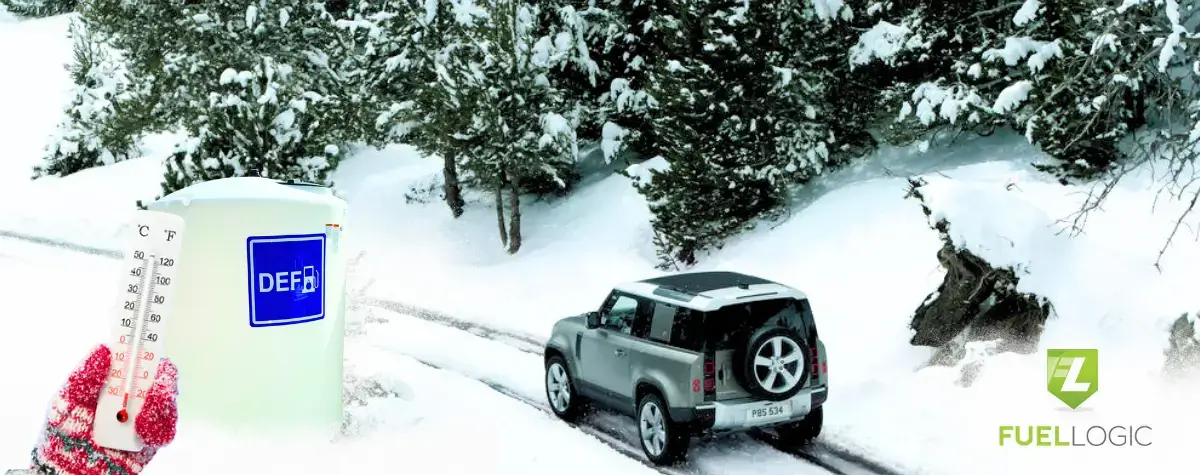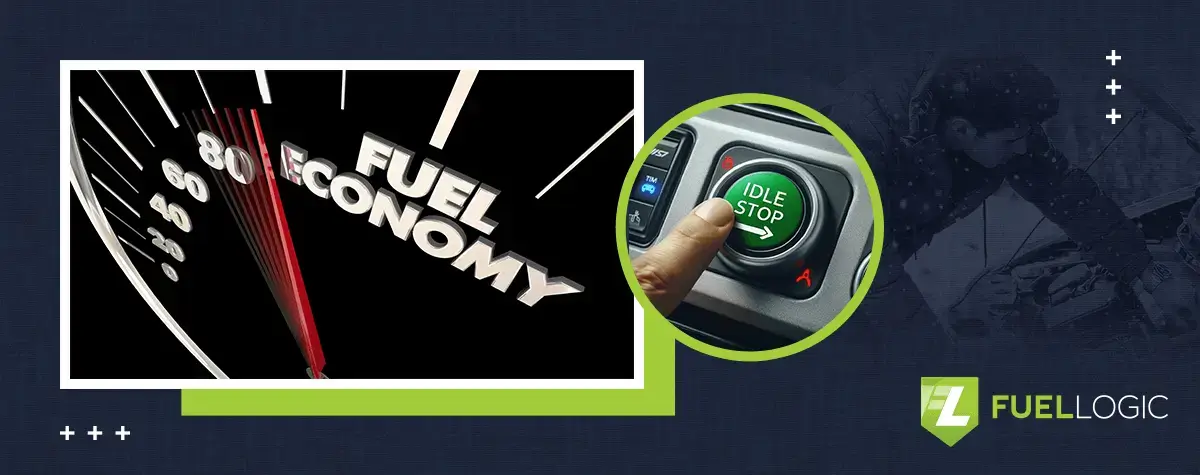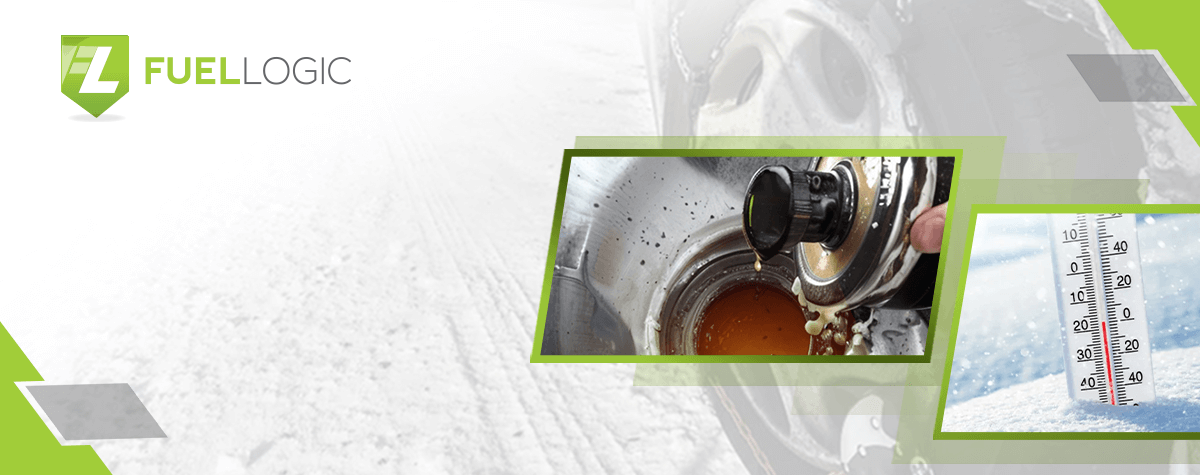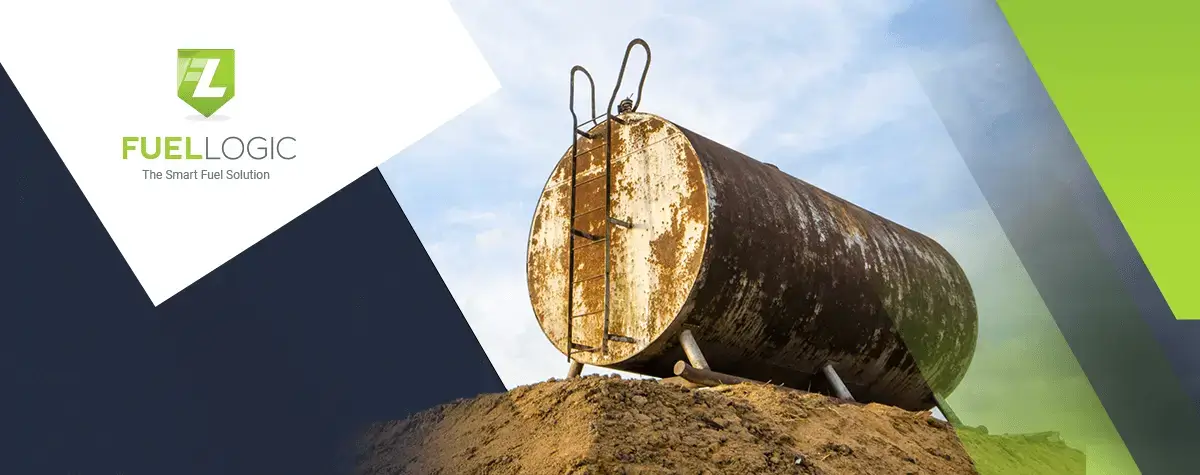Diesel
From the Blog
-

DEF in Cold Weather: Temperature of DEF Freezing Point
Diesel Exhaust Fluid is a mixture of deionized water and urea. This solution is injected into the exhaust stream of diesel vehicles through a system known as Selective Catalytic Reduction (SCR). Its primary purpose is to tackle harmful nitrogen oxide (NOx) gases produced during diesel engine operation. Understanding this is important to know the DEF…
-

How Does Cold Weather Affect the Fuel Economy?
Cold weather can have a significant impact on winter fuel economy, influencing the efficiency and performance of internal combustion engines. As temperatures drop, several factors come into play, affecting the way vehicles consume fuel. Various tests and surveys in urban areas show that there is a 15% decrease in mileage, in lower temperatures than higher…
-

What Happens to Diesel Fuel in Cold Weather?
What Happens to Diesel Fuel in Cold Weather? Everything you need to know A basic understanding of what happens to diesel fuel in cold weather is essential for maintaining the diesel engine’s performance during winter. Cold temperatures can cause diesel fuel to form crystals. These crystals form clogs in filters and fuel lines, hindering engine operation. The…
-

How To Clean A Diesel Fuel Filter – Diesel Cleaning Guide
How To Clean A Diesel Fuel Filter – Keep Your Vehicle Running Smoothly When we neglect the cleanliness of the diesel fuel filter, the engine won’t perform well, it’ll guzzle more fuel, and we might end up with severe engine damage. On the flip side, the diesel fuel filter does precisely what it says: it filters…
-

Guide to Choosing the Right Diesel Supplier | Fuel Logic
How To Choose The Right Diesel Fuel Supplier For You – Things You Need To Consider Selecting a dependable and trustworthy fuel delivery service is vital for your business’s success as an owner. A reliable diesel supplier will guarantee the seamless and efficient operation of your business. Understanding which types of fuel are appropriate for your…
-

Does Diesel Go Bad? Understanding How Long Diesel Fuel Lasts in Storage Tank and Shelf Life
Does Diesel Fuel Go Bad? Is It Safe to Use Old Diesel Fuel? Many wonder, “Does diesel go bad?” Yes, diesel fuel can degrade if not stored properly. Diesel for generators and bulk tanks can last safely for 6-12 months, and with proper storage, it may last over a year. Heat, air, and water exposure…
-

How Landscaping Fuel Services Save You Money in the Long Run!
Landscapers are feeling the effects of inflation and rising prices. In the competitive world of landscaping fuel services, where profit margins can be tight, finding ways to save money without compromising on quality is crucial for success. One often overlooked aspect of cost-saving measures is efficient fuel management. We are aware of these difficulties and…
-

Why Clear Diesel is More Expensive Than Dyed Diesel Fuel
Why Clear Diesel is More Expensive Than Dyed Diesel Fuel Fueling the wheels that propel America’s transportation system is no small feat, and at the heart of this immense task lies diesel. Often referred to as the lifeblood of industries, diesel plays a vital role in keeping the nation moving forward. From heavy-duty trucks traversing…
-

Can You Mix Off-Road Diesel and Clear Diesel? A Complete Guide on Dyed vs Regular Diesel
In fuel management, understanding the nuances between different fuel grades and types is crucial. Diesel fuel, in particular, comes in various forms, including dyed and clear diesel. Although mixing dyed and clear diesel is technically possible, it’s generally discouraged and may cause problems. Each type serves a distinct purpose and is subject to specific regulations.…
-

How Long Does Diesel Last in a Generator?
How Long Does Diesel Last? Tips For Long Term Diesel Fuel Storage. As we rely on generators for power backup, it is crucial to know how long the diesel fuel can last in them. The question of “How long does diesel last in a generator?” is one that we must consider to ensure our generator’s…

